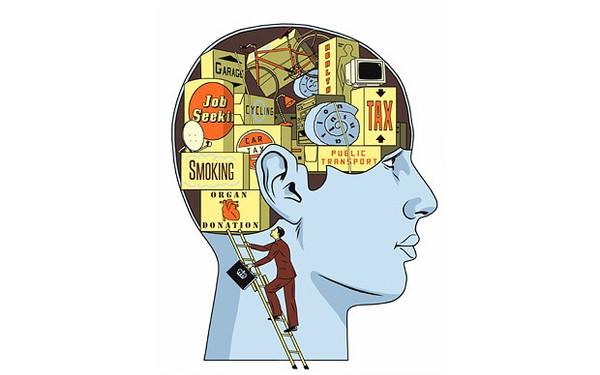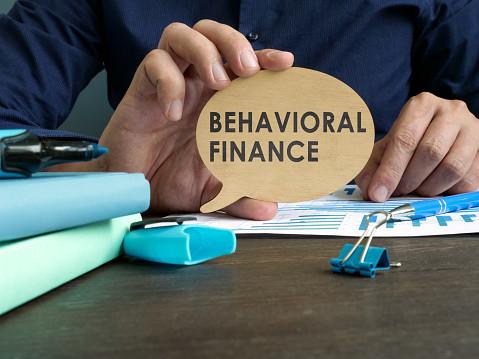Explore the World's Best Ideas
Join today and uncover 100+ curated journeys from 50+ topics. Unlock access to our mobile app with extensive features.
Behavioural finance
Behavioural finance is a subfield of behavioural economics. It argues that when people make financial decisions like investing, they are not nearly as rational as traditional finance theory predicts.
Mainstream theory make assumptions in its models that people are rational and free from emotion or the effects of culture and social relations. But behaviourists think that people make financial decisions based on emotions and cognitive biases.
43
711 reads
Losses versus significance of gains
An example of irrational behaviour:
Offer someone a choice of
- a sure $50 or,
- on the flip of a coin, the possibility of winning $100 or winning nothing.
Chances are people will choose the sure $50.
But offer a choice of
- a sure loss of $50 or
- , on a flip of a coin, either a loss of $100 or nothing.
and the person will probably pick the last option.
In reality, the chance of the coin landing on one side or the other is equivalent in any scenario. But people view the possibility of regaining a loss as more important than a greater gain.
51
516 reads
The herd instinct
The herd instinct. People tend to imitate others. Investors may fear that others know more or have more information and will tend to do what others are doing.
Behaviour finance has also found that investors tend to rely on judgments derived from small samples of data or single sources. For example, investors are often overconfident in their judgments and tend to go for the single "telling" detail instead of the obvious range.
43
480 reads
The value of understanding behavioural finance
Behavioural finance can give us insight into how financial decisions are influenced by emotion around things like investments, payments, risk, and personal debt.
Understanding how people can deviate from rational expectations can help us make better and more rational decisions.
41
495 reads
IDEAS CURATED BY
Jay Barr's ideas are part of this journey:
Learn more about moneyandinvestments with this collection
How to make rational decisions
The role of biases in decision-making
The impact of social norms on decision-making
Related collections
Similar ideas
14 ideas
An Introduction to Behavioral Economics
behavioraleconomics.com
6 ideas
5 Nobel Prize-Winning Economic Theories You Should Know About
investopedia.com
4 ideas
January Effect
investopedia.com
Read & Learn
20x Faster
without
deepstash
with
deepstash
with
deepstash
Personalized microlearning
—
100+ Learning Journeys
—
Access to 200,000+ ideas
—
Access to the mobile app
—
Unlimited idea saving
—
—
Unlimited history
—
—
Unlimited listening to ideas
—
—
Downloading & offline access
—
—
Supercharge your mind with one idea per day
Enter your email and spend 1 minute every day to learn something new.
I agree to receive email updates


